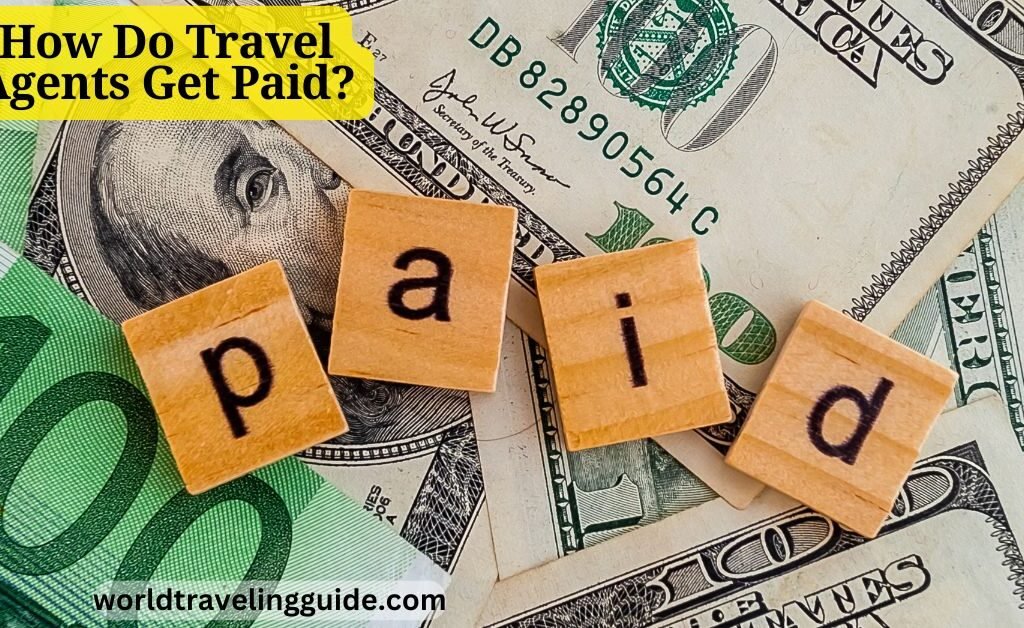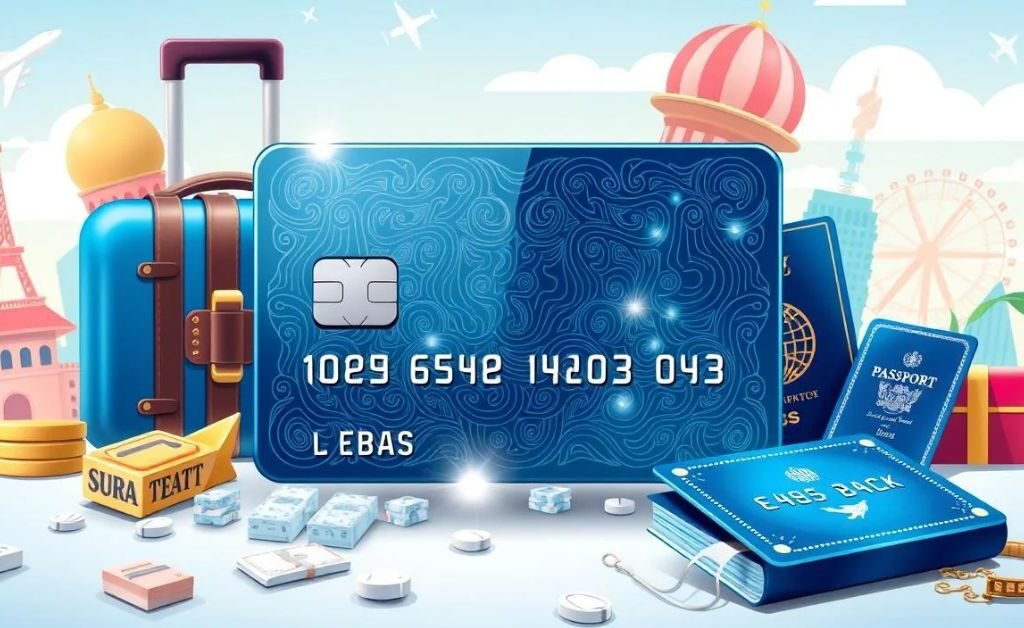How Do Travel Agents Get Paid?

Introduction In this article, travel agents will be discussed in terms of How Do Travel Agents Get Paid? and from where they get income using commissions, service fees, and other sources. There is no doubt that travel agents offer great assistance and facilitation to individuals and businesses because, without them, trip plans could be time-consuming […]
Which Item Is a Benefit of Using the Travel Card?

Introduction: A travel card is essential when moving across cities. It is similar to a debit or credit card but more appropriate for foreign trips. They allow you to load different currencies on it without wasting time finding a currency exchange. A travel card is particularly beneficial due to the protection it provides. Instead of […]
Top 10 Solo Vacations for Guys: Adventure Awaits!

Introduction Solo Traveling is an adventure like no other, offering men the chance to explore the world on their own terms. Whether you’re seeking a thrilling escapade, a relaxing beach getaway, or a cultural immersion, solo travel allows you to embrace freedom and self-discovery. The appeal of venturing out alone lies in the ability to […]
